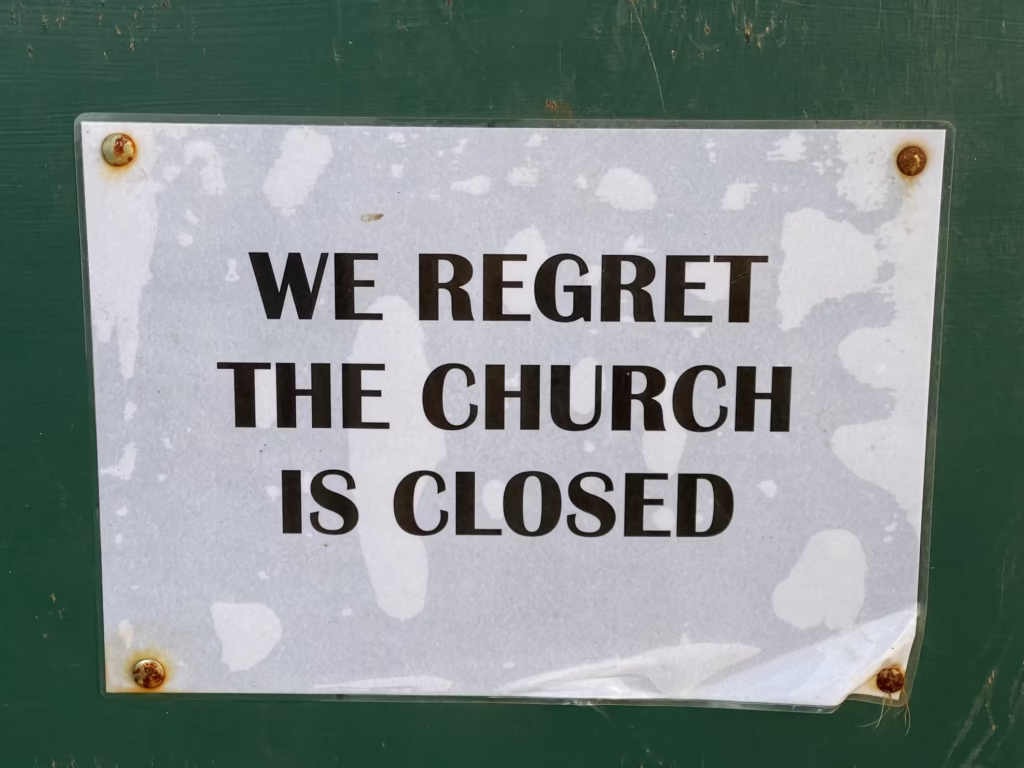Look around, and you will notice something remarkable; religion is fading. It’s not disappearing overnight, nor is it being forcefully cast aside. Instead, it is slipping quietly into the background, overshadowed by the march of modernity. This isn’t mere speculation; it’s a global trend backed by hard data. The world is going secular, and there’s little to suggest otherwise.
Let’s start with the most obvious indicator; young people. In the UK, a staggering 71% of 18-to-24-year-olds now say they have no religion. That’s up from 62% in just a year. Across the Atlantic, America’s Generation Z is showing the highest percentage of self-identified atheists in the country’s history. If you think this is just a Western phenomenon, think again. Even in parts of Africa, where religion has long been the cornerstone of society, urban youth are becoming more indifferent to faith.
But why is this happening? One major factor is education. The more people learn, the less religious they tend to be. Higher education encourages critical thinking, challenges traditional worldviews, and exposes students to diverse perspectives. It’s no coincidence that university graduates are far less likely to be religious than those who never set foot in a lecture hall. In the past, religion had a monopoly on explaining the mysteries of life. Now, science does a better job.
Then there’s the economy. The richer a country becomes, the less religious its people are. Data from the Pew Research Centre shows that in nations with high GDP per capita, fewer people pray regularly or believe that faith is necessary for morality. When life is stable; when healthcare is accessible, jobs are plentiful, and food is secure; people rely less on divine intervention. It’s no surprise that some of the world’s most secular nations, like Sweden and Denmark, also rank highest in happiness and social well-being.
Let’s not forget demographics. The religious tend to have more children, but something interesting is happening; their kids aren’t staying religious. Studies suggest that even in religious households, a growing number of young people reject the faith of their parents. It’s a slow but steady generational shift. And while religious groups still have higher birth rates, the influence of faith is being diluted by modern lifestyles, digital culture, and globalisation.
Of course, secularisation is not absolute. Some places, especially parts of Africa, the Middle East, and Latin America, are still deeply religious. But the global pattern is clear. The tide is turning. The old narratives of faith are struggling to hold ground in an age where knowledge is at everyone’s fingertips.
So, what does this mean for the future? Will religion vanish entirely? Unlikely. But its grip on society will loosen. In the coming decades, expect to see more people identifying as non-religious, more policies shaped by secular values, and more societies where morality is grounded in human reason rather than divine command.
This shift doesn’t mean an end to spirituality. Many who abandon organised religion still seek meaning, purpose, and community. They find it in philosophy, art, science, or even personal spiritual practices that don’t require an institution. The rise of secular humanism is proof that morality and purpose can thrive without religious dogma.
Critics might argue that a secular world lacks moral direction. But history tells a different story. Some of the most peaceful, progressive, and socially just nations are also the least religious. Secular societies have led the way in human rights, gender equality, and scientific advancement. The idea that morality crumbles without religion is an outdated fear, one that modern secular nations have long disproven.
The reality is, the world is evolving. Religion, once the centrepiece of human existence, is becoming just another option rather than an unquestioned necessity. The trend is undeniable. Whether one welcomes it or resists it, the future will likely be shaped not by gods, but by the decisions and ethics of humanity itself.
By Brian Khabeko


